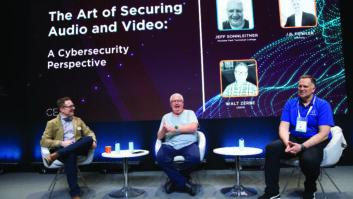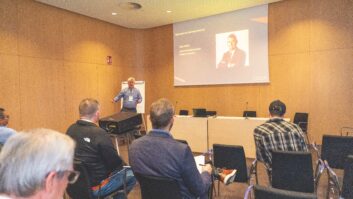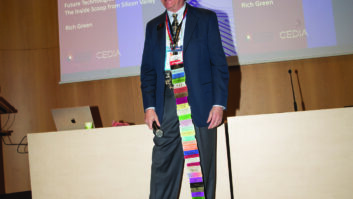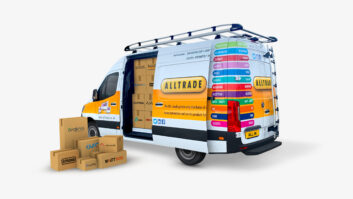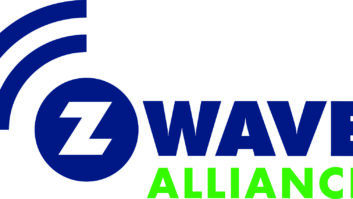
Will proprietary systems or open source solutions win with consumers, asks Deutsche Telekom’s Jon Carter?
The rapidly emerging smart home market is opening up a huge opportunity for installers and integrators. But when all the major manufacturers are building ecosystems – designed to push their own hardware and serve their own business interests, and not necessarily those of the consumer – which ecosystem should integrators support?
This year’s CES show in Las Vegas saw the technological innovation around the Internet of Things (IoT) shift a gear with the launch of smarter, sleeker and more sophisticated than ever technologies; with prototypes promising driverless, connected vehicles on the road and in the skies, through to connected and virtual reality technologies to solve our everyday frustrations.
Of all the innovations, however it was those that focused on the home that most captured consumers’ imagination. Smart TVs, sound systems, IP cameras, digital door locks and smart thermostats are now seeing rapid adoption, but it’s the interconnection of these devices, which is where the real opportunity lies, and innovative business models can be launched.
What was interesting to see was how all the major manufacturers are building their own ecosystems – although one or two have sought to position them as open, sadly too many are still pushing closed and proprietary implementations. There’s no doubt that we’re in the midst of a battle as to who will control the smart home. It’s all about control, and ensuring that customers are locked into their ecosystem and buy their branded products. However, what is clear is that for mass adoption consumers need to feel that they are in control, gain innovative devices and great customer experience, while not being locked into an ecosystem that provides them with choice.
Security issues
One of the other notable developments that came out of CES, which was less high profile to all the exciting consumer gadgets, was what manufacturers are doing to help protect consumers from the ever-growing security risk. This was only the second year where such technologies were on display as a discrete product category, even after another 12 months in which high-profile hacks have dominated the headlines. Smart installers will be in a powerful position, as consumers will need their support, advice and integration expertise.
At Deutsche Telekom, we believe the connected home industry needs to abandon proprietary and closed approaches and open up for collaboration – and not simply to drive sales of its own hardware. By ‘open’, we mean offering APIs (application programming interfaces) and software developer toolkits (SDKs) to allow easy interoperability with other products within the ecosystem. We also believe that there needs to be much greater focus on end-to-end security. And most importantly, we need to be giving developers the tools to access and built innovative features and capabilities that will enable installers and integrate to create personalised experiences for their customers.
Open source
Deutsche Telekom is actively involved in the Eclipse SmartHome open source software community. It is one of the largest open source Java-based IoT communities in the world. In the last months, some of the innovative enhancements from developers that have seen integrations of Sonos with motion sensors and smoke alarms, so whether it be having a virtual dog bark when someone comes to the front door, or alerting the whole home when a smoke sensor alarms, or creating the sound of an occupied home when everyone is out, developers are enabling endless enhancements to the basic ‘out of the box’ capabilities.
Mass-market connected home devices have an immense potential to expand the market for installers and integrators. By leveraging open white-label platforms, especially such as that offered by Deutsche Telekom, which exploits an open source developer community, integrators and installers can differentiate and extend the range of services they offer their customers. They can also be the peacekeepers of the smart home, bringing together the widest range of innovations that enable their customers to truly stand out from the crowd!
